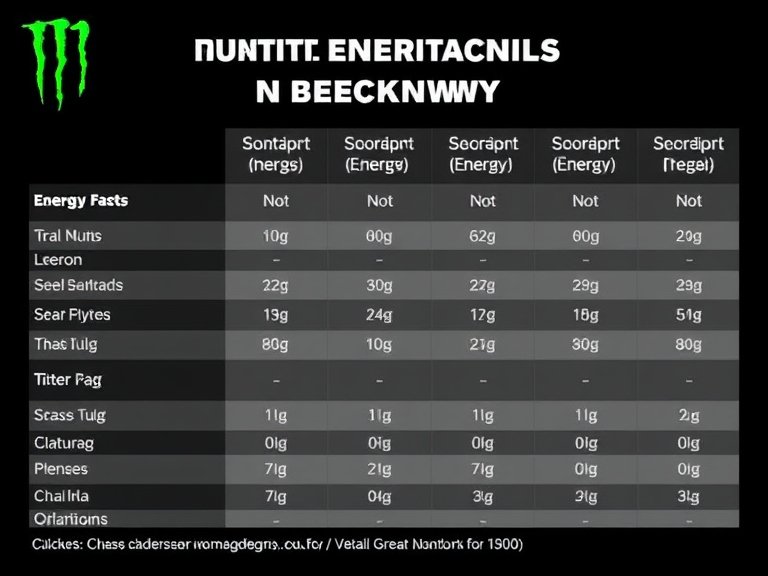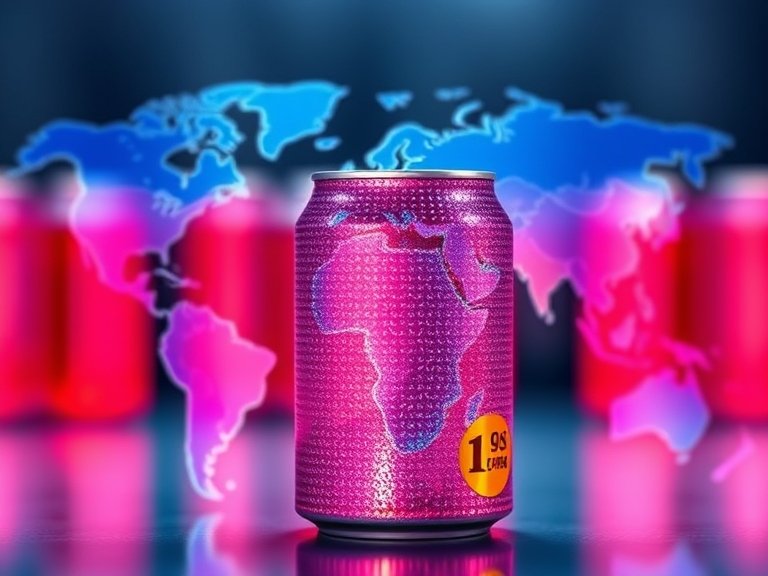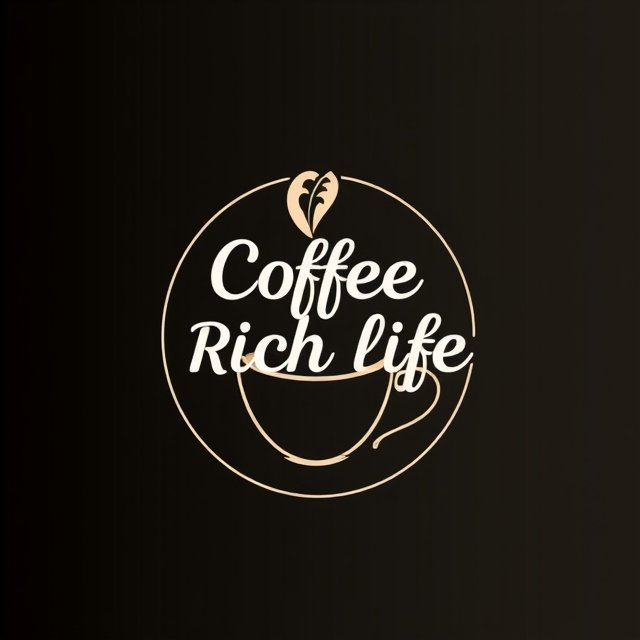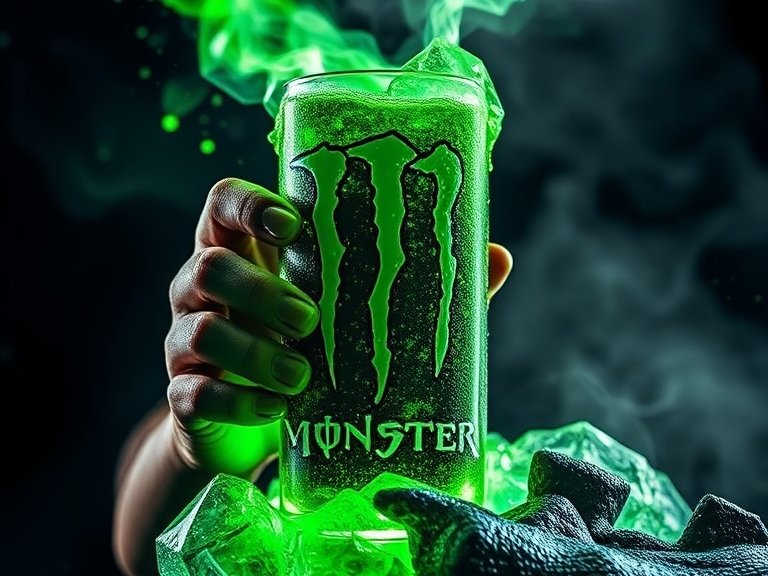Introduction to Monster Energy Drinks
Monster Energy has become a global phenomenon in the beverage industry, capturing the attention of millions of consumers worldwide.
These powerful energy drinks promise instant alertness, increased focus, and an energy boost that appeals to people of various age groups. However, many parents, teenagers, and health-conscious individuals ask the critical question: How old do you have to be to drink Monster Energy?
Understanding Age Restrictions for Monster Energy Consumption
Legal Age Guidelines
The legal age for consuming Monster Energy drinks varies across countries and regions. While no universal global standard exists, most jurisdictions have specific guidelines to protect young consumers from potential health risks associated with high-caffeine beverages.
United States Age Restrictions
No federal laws explicitly prohibit the sale of energy drinks to minors in the United States. However, some states and local jurisdictions have considered implementing age restrictions.
Most retailers and manufacturers recommend that individuals under 18 consume these drinks cautiously or avoid them altogether.
Health Considerations for Young Consumers
Potential Risks of Energy Drink Consumption
Energy drinks like Monster contain high levels of caffeine and sugar, which can pose significant health risks for younger individuals. These risks include:
- Increased heart rate and blood pressure
- Sleep disruption
- Anxiety and nervousness
- Potential addiction to caffeine
- Dental health concerns due to high sugar content
Recommended Daily Caffeine Intake
Health experts suggest varying caffeine intake recommendations based on age:
- Children under 12: No caffeine is recommended
- Teenagers (12-18): Maximum 100mg per day
- Adults (18+): Up to 400mg per day
Nutritional Breakdown of Monster Energy

Caffeine Content
A standard 16 oz can of Monster Energy contains approximately 160mg of caffeine. This is significantly higher than the recommended daily limits for younger consumers, making it crucial to understand potential health implications.
Sugar and Caloric Information
- Total sugar: Approximately 54 grams per can
- Calories: Around 240 per serving
- Additional ingredients include taurine, B vitamins, and herbal extracts
Responsible Consumption Guidelines
Parental and Guardian Advice
Parents and guardians should:
- Educate children about energy drink risks
- Monitor consumption
- Encourage healthier alternatives
- Discuss potential side effects
Moderation and Alternative Options
Consider these healthier energy-boosting alternatives:
- Water
- Natural fruit juices
- Low-sugar smoothies
- Balanced nutrition
- Adequate sleep
Global Perspectives on Energy Drink Regulations

International Age Restrictions
Different countries have varying approaches to energy drink sales:
- Some European countries restrict sales to individuals over 16
- Some regions require warning labels
- Certain areas mandate behind-the-counter sales for younger consumers
Marketing and Societal Impact
Target Audience Concerns
Monster Energy’s marketing often appeals to young adults and teenagers, raising ethical questions about responsible advertising and potential health consequences.
5 Frequently Asked Questions
Can teenagers drink Monster Energy?
Teenagers should limit or avoid energy drinks due to potential health risks.
How much caffeine is safe for teenagers?
Health experts recommend no more than 100mg of caffeine daily for teenagers.
Are there any long-term health effects of energy drinks?
Excessive consumption may lead to cardiovascular and neurological concerns.
Do Monster Energy drinks cause addiction?
Regular consumption can lead to caffeine dependency.
Are there sugar-free Monster Energy options?
Yes, Monster offers zero-sugar and low-calorie alternatives.
Conclusion
Understanding age restrictions and health implications of Monster Energy drinks is crucial for responsible consumption.
While no universal age limit exists, medical professionals and nutritionists recommend caution, especially for younger consumers.
Parents, teenagers, and individuals should prioritize health, make informed decisions, and consider alternative energy-boosting methods that promote overall well-being.
Ultimately, moderation, awareness, and personal health should guide energy drink consumption choices.

